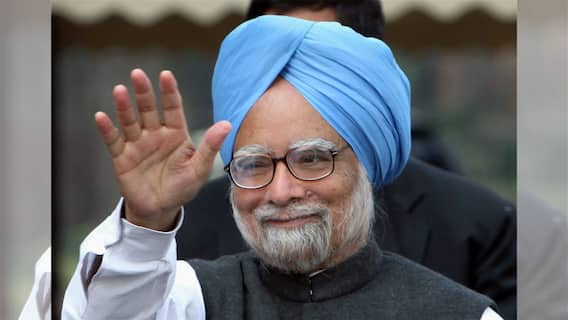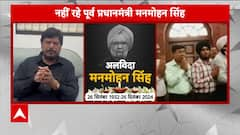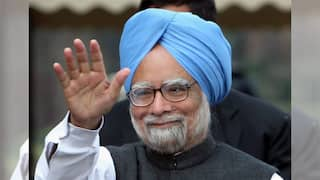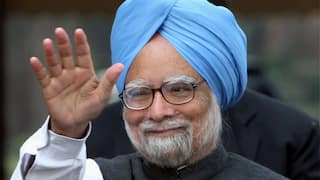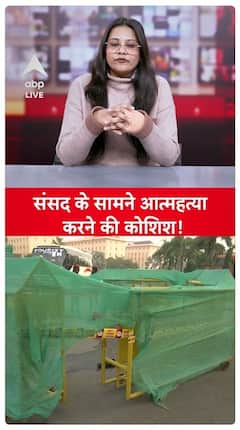'Royalty Is Not Tax, Parliament Has No Power...': Supreme Court Upholds State's Right To Levy Mineral Tax
A nine-judge constitutional bench delivered the verdict on State's power to levy tax on mineral rights

The Supreme Court in a landmark verdict on Thursday ruled that royalty and debt rent paid by mining operators are not tax and the Parliament does not have power to tax mineral rights under Entry 50 List I. A nine-judge constitutional bench delivered the verdict on State's power to levy tax on mineral rights.
The verdict was delivered by a nine-judge Bench of Chief Justice of India (CJI) DY Chandrachud with Justices Hrishikesh Roy, Abhay S Oka, BV Nagarathna, JB Pardiwala, Manoj Misra, Ujjal Bhuyan, Satish Chandra Sharma and Augustine George Masih.
The majority verdict by eight judges held that States have the power to levy tax on mineral rights and the Parliamentary law Mines and Minerals (Development & Regulation) Act 1957 has no such provision to impose limitation on powers on state to tax minerals.
One judge Justice BV Nagarathna gave a dissenting opinion and held that the concept of royalty has to be seen from Sections 9 of MMDR Act and nothing else. Justice Nagarathna held that royalty is indeed a form of tax for exaction and Entry 49 of List II has no application to mineral bearing lands.
The eight judges overturned the observation by seven-judge bench of Supreme Court in India Cements judgment which held that royalty is tax. CJI DY Chandrachud while delivering the verdict said that payments made to the government cannot be deemed to be a tax merely because a statute provides for its recovery in arrears. The top court held that States are not denuded of powers to levy cesses on mining or related activities.
"The legislative power to tax mineral rights lies with the State legislature and the Parliament does not have the legislative competence to tax mineral rights under Entry 50 of List 1 since it is a general entry and Parliament cannot use its residuary power regarding this subject matter ... State legislature has the legislative competence under Article 246 read with Entry 49 of List 2 to tax mineral bearing lands," the majority ruled," CJI Chandrachud said.
Allowing States To Tax Mineral Right Would Result In Double Taxation?
Justice BV Nagarathna, in her dissenting verdict held that royalty is in nature of the tax and the states have no legislative competence to impose any tax or fee on mineral rights. She opined that "land" under Entry 49, List 2 will not include "mineral bearing lands" as it would amount to double taxation on mineral rights.
"Entry 49 is not related to mineral bearing lands. I hold India cement decision was correctly decided." Justice Nagarathna said.
Justice Nagarathna opined that allowing States to levy taxes on minerals would lead to a lack of uniformity on a national resource. This could also lead to unhealthy competition among the States. This may result in the breakdown of the federal system.
"It would be impermissible to hold that the States have power to levy tax over and above the royalties paid by the lease-holder of the mining lease," she added.
Justice Nagarathna opined that allowing States to levy taxes on minerals would lead to a lack of uniformity on a national resource. This could also lead to unhealthy competition among the States, which may result in the breakdown of the federal system.
Will This Judgment Will Apply Prospectively?
The Supreme Court will clarify the on next Wednesday if the said verdict would apply prospectively of retrosepectively. After the verdict was delivered, Solicitor General Tushar Mehta, Senior Advocates Arvind P Datar and Abhishek Manu Singhvi requested the Court to clarify that the judgment would operate only prospectively. The bench agreed to hear the parties on this point next Wednesday.
Trending News
Top Headlines





